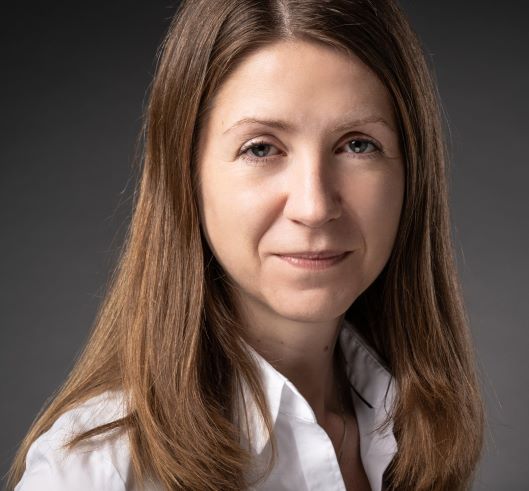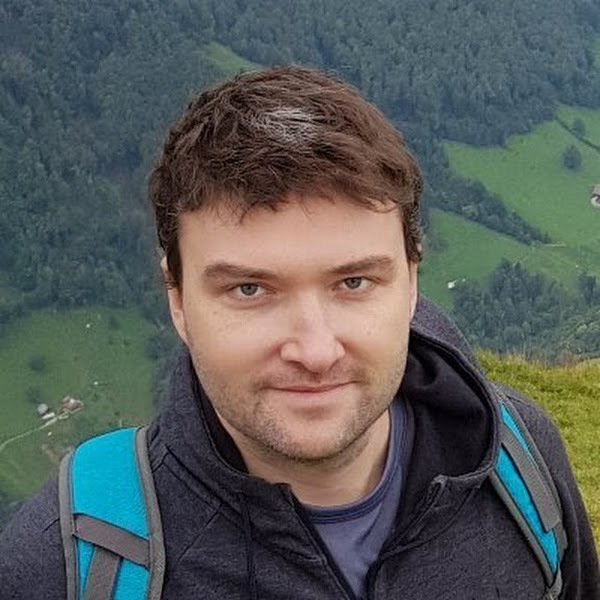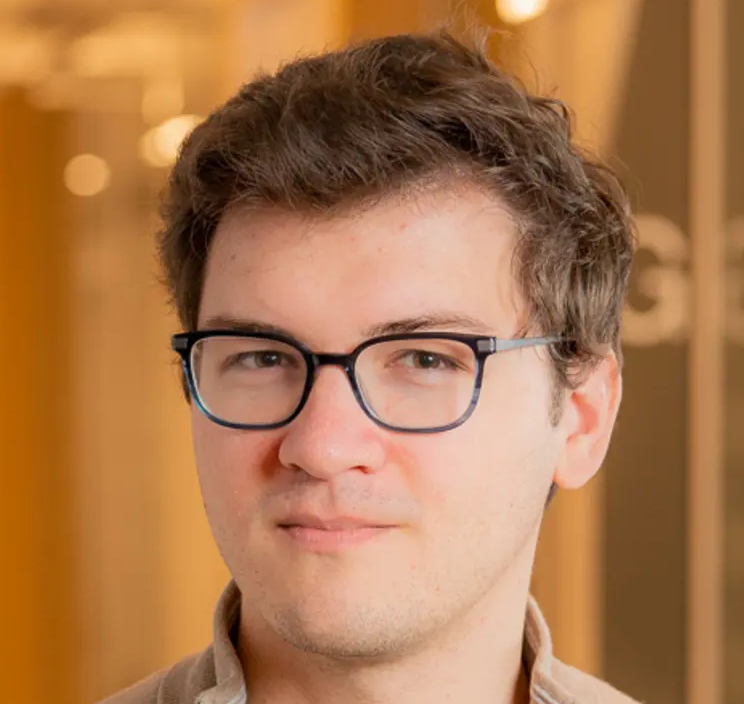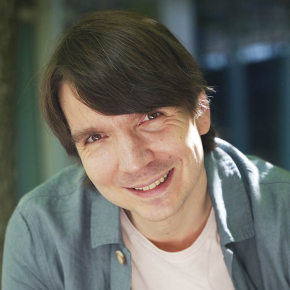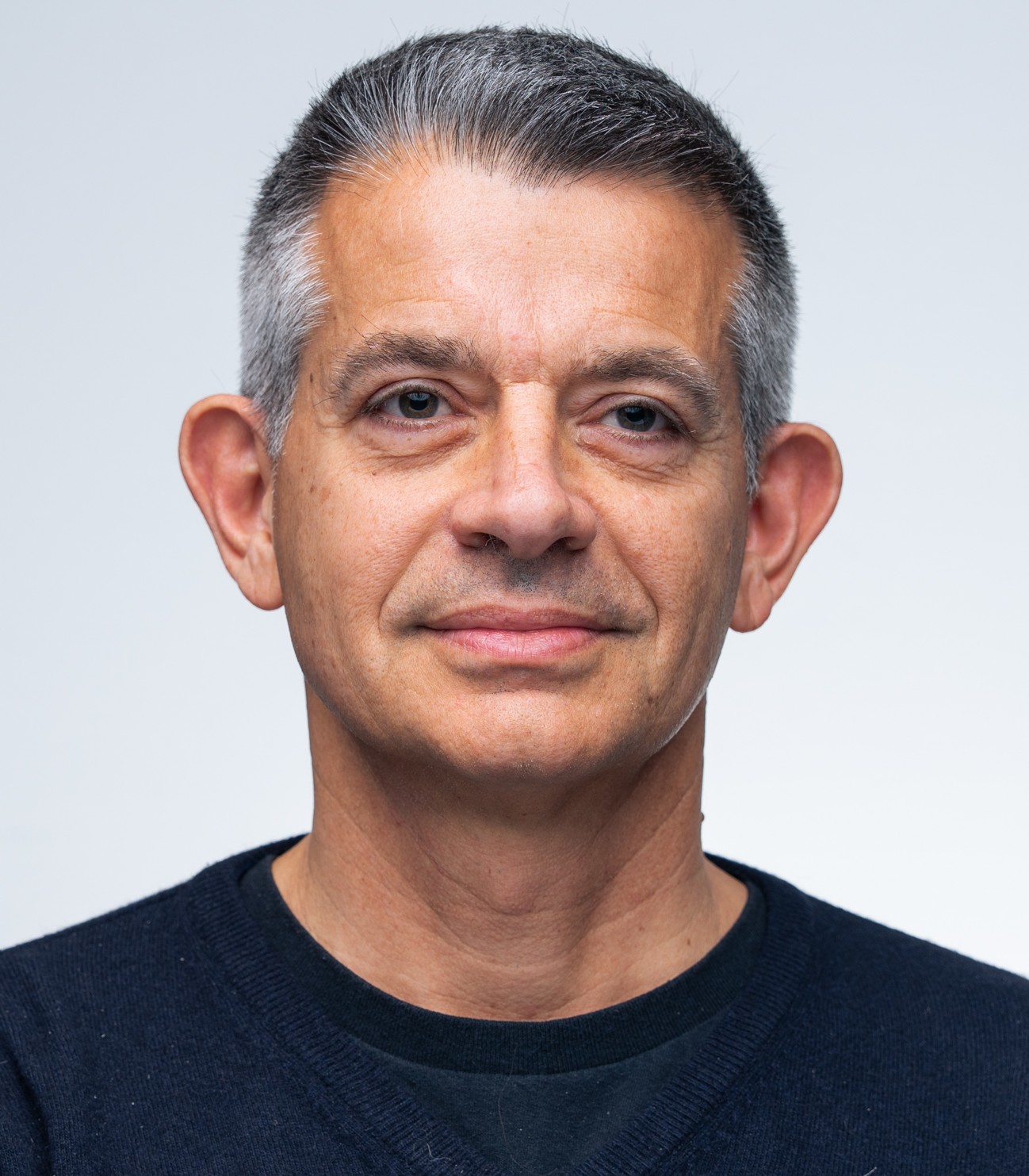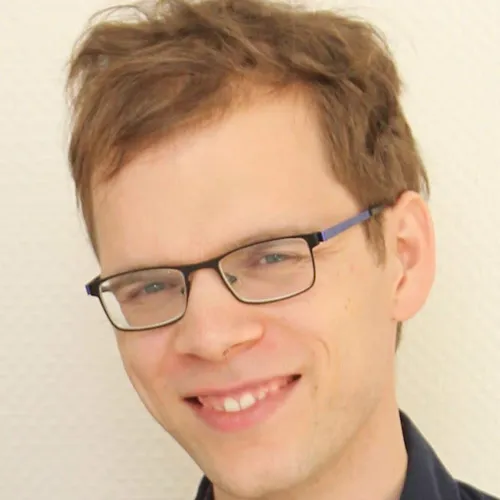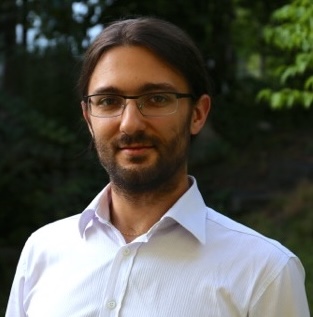 |
Maciej Besta leads research on large language models and graph computations at the Scalable Parallel Computing Lab at ETH Zurich and at the ETH Future Computing Lab; he also works on interconnects, general sparse computing, and others. Maciej published, as the main leading author, around 40 papers at top conferences and journals. He won, among others, the IEEE TCHPC Award for Excellence in High-Performance Computing Early Career (2024), the HiPEAC Tech Transfer Award (2024), and the OlympusMons Award for contributions to scalable storage systems (2024). His doctoral dissertation on irregular computations received awards from ETH (2021), IEEE (2021), SPEC (2022), and ACM (2022). Maciej also won Best Paper awards and nominations at ACM/IEEE Supercomputing 2013, 2014, 2019 (for 2 different papers), 2022, and 2023 (for 2 different papers); at ACM HPDC 2015 and 2016, and others. Finally, Maciej is supported by the Fellowship in The Explorers Club (2022).
|





